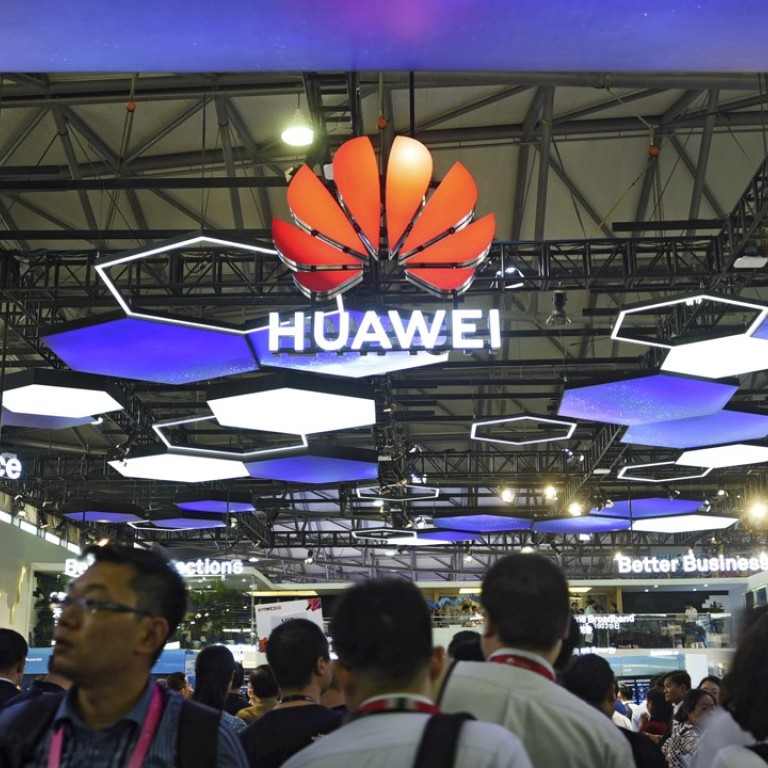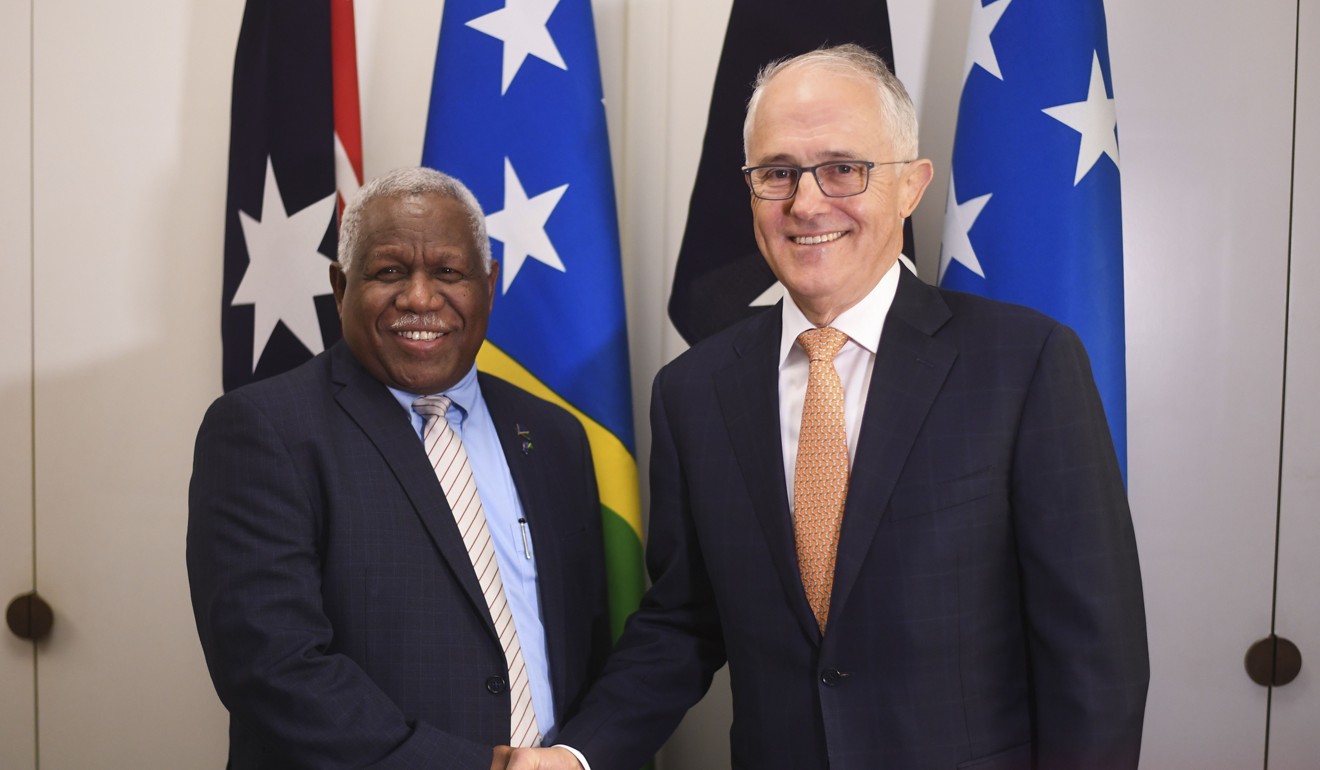
Huawei wins A$136m 4G telecoms rail contract in spite of security concerns from some Australian lawmakers
The contract award comes after the Chinese company refuted claims by some Australian lawmakers that it posed a security risk, calling the criticism “ill-informed”
Huawei Technologies, the world’s largest telecom equipment vendor, has scored an A$136 million (US$101 million) contract to build and maintain the digital radio systems that deliver voice and data services across Perth’s rail network, in spite of security concerns raised by some Australian lawmakers.
The Chinese company will make and install the fourth generation (4G) communications system for Perth’s rail network by 2021 as part of a joint venture with Australian engineering company UGL. The technology will control signalling on Perth’s expanded 180 kilometre electrified rail network, part of which will link the city with the airport.
Huawei’s Australia Chairman John Lord said the Public Transport Authority contract reinforces Huawei’s strong long-term investment focus on Australia, and pointed out that the company has been providing similar communications technology services to Sydney Trains and Ambulance New South Wales “safely and securely” for nearly a decade.
“Huawei is extending its trusted portfolio of solutions towards industry and strengthening its customer base in mission critical market segments,” Lord said in a July 6 statement posted on Huawei’s official website. Huawei won the contract over fellow Chinese company ZTE, Ericsson Australia, Optus and Japan’s Ansaldo.
The deal comes less than a month after the Shenzhen-based company refuted claims by some Australian lawmakers that it posed a security risk, calling the criticism “ill-informed” in an open letter in mid-June. It also occurs at a time when Huawei is lobbying the Australian government not to block it from supplying broadband equipment for Australia’s 5G mobile services roll-out amid concerns from US intelligence officials and local politicians that it poses a security threat. Authorities in the US remain concerned about Huawei’s alleged ties with the Chinese government.
Huawei said on Monday it has no further comment on the matter.
Huawei has already been blocked from constructing an undersea cable from the Solomon Islands to Australia, with the Australian government saying in April it would take on the project itself.

“Recent public commentary around China has referenced Huawei and its role in Australia and prompted some observations around security concerns … Many of these comments are ill-informed and not based on facts,” Lord and two board directors of Huawei’s Australian operation wrote in the June 18 open letter.
In February, Huawei’s deputy chairman Ken Hu Houkun told reporters that accusations by the US that there are security concerns around using Huawei products were “groundless and unfair”, after reports that Australian Prime Minister Malcolm Turnbull had been briefed about the risks of Chinese involvement in 5G networks during a meeting with the heads of the National Security Agency and the Department of Homeland Security in the US.
“It is not fair to us if our strong track record on security over the past 30 years has been disregarded while the accusations (about Huawei posing a security risk) are based on groundless suspicions,” said Hu, who added that the company would welcome a discussion on the issue based on facts.
Both Huawei and ZTE Corp, however, are expected to languish on a US blacklist because of US security concerns, according to analysts. That outcome would primarily stem from a Federal Communications Commission (FCC) proposal to prohibit the purchase of equipment or services for a government-subsidised programme, the US$8.5-billion-a-year Universal Service Fund (USF), from any company that poses as a national security threat as a way to safeguard US networks.
Huawei said in a filing to the FCC last week that blacklisting the company because of “unfounded allegations and suspicions” about its alleged ties with the Chinese government would mean higher infrastructure costs and less innovation in the US market.
Meanwhile, a departing ZTE executive, recently thanked Huawei in a farewell letter, saying that it was because of competition with Huawei that ZTE had been able to grow and develop over the past two decades.
“I sincerely hope that Huawei will stiffen its spine and face the inevitable future challenges,” said the former executive vice-president of ZTE, who had his contract terminated by ZTE has part of the company’s settlement agreement with the US government to replace senior management.

